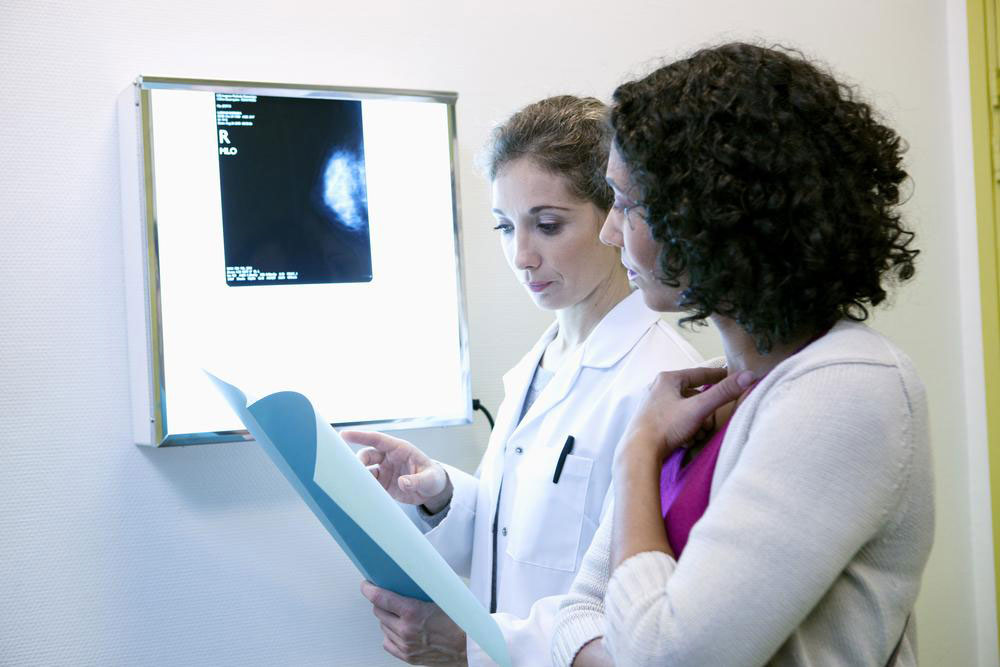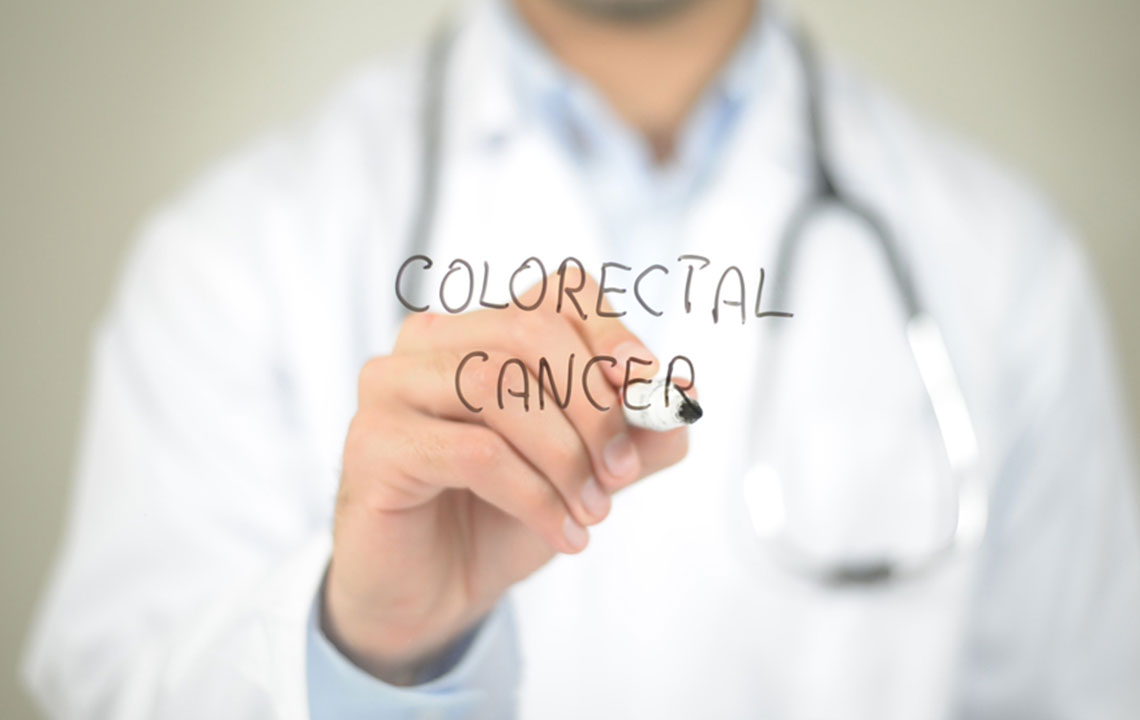Essential Preparation Tips Before Your Colonoscopy
This article provides essential tips for preparing for a colonoscopy, including medical disclosures, dietary guidelines, bowel prep, and logistical considerations. Early detection of colon issues can be life-saving, and proper preparation ensures accurate results. Understand the importance of discussing health conditions with your doctor, following dietary instructions, and arranging support on procedure day. Also, learn about costs and insurance coverage to plan effectively for this vital screening. Proper preparation is key to a successful and safe colonoscopy experience, aiding early diagnosis and prevention of colorectal diseases.

Essential Preparation Tips Before Your Colonoscopy
A colonoscopy is vital for early detection of colorectal conditions, involving a thorough examination of the colon and rectum with a flexible camera-equipped tube. This procedure helps identify abnormalities like polyps, some of which can become cancerous, making early detection crucial. Patients often have concerns about discomfort, but proper preparation ensures a smooth process. Typically recommended from age 45, colonoscopies also monitor inflammatory bowel diseases and manage family risk factors. Proper pre-procedure steps, including medical disclosures and bowel cleansing, are essential for accurate results and safety.
Why is a colonoscopy necessary?
People may hesitate due to fear of pain, but symptoms like abdominal pain, unexplained bleeding, or persistent diarrhea warrant urgent screening. These signs often signal underlying issues that need early diagnosis.
Any presence of mucus, blood, or pus in stools, or changes in bowel habits, also calls for medical investigation via colonoscopy.
Doctors may recommend a colonoscopy to inspect the rectum and colon for growths or abnormalities. Polyps, which are often precancerous, can be detected and removed during the procedure, sometimes requiring additional interventions if they are large. Tissue samples can also be biopsied to check for cancer. Starting at age 45, routine colonoscopies help catch issues early, especially for individuals with a family history of colorectal cancer, aiding prevention and management. They are also key in monitoring inflammatory bowel diseases like Crohn’s and ulcerative colitis.
Pre-procedure considerations
Medical history disclosure
Inform your healthcare provider about any existing health issues, such as pregnancy, kidney, lung, or heart conditions, diabetes, or allergies. This helps tailor the procedure safely and account for special needs during the examination.
Dietary guidelines
Follow your doctor’s instructions on pre-procedure diet. Usually, a low-fiber, easy-to-digest diet with foods like white bread, pasta, rice, cooked vegetables, and seedless fruits is recommended. Avoid foods like nuts, seeds, fatty or tough meats, raw veggies, and whole grains. Clear liquids such as water, tea, or coffee without milk or cream are typically allowed the day before, promoting hydration.
Bowel cleansing
Effective bowel prep involves following dietary restrictions and taking prescribed laxatives or enemas to clear the colon. This process may cause frequent bathroom visits and diarrhea, but it’s necessary for accurate visualization. Abstain from eating or drinking hours before the procedure as advised by your doctor to prevent complications. Proper preparation is vital for a successful colonoscopy.
Companion support
Arrange for someone to accompany you on the day of the test. Sedation may be administered, so having a trusted companion ensures safety, offers emotional support, and assists post-procedure recovery.
Cost considerations
The average cost of a colonoscopy is around $2,750. Verify coverage with your insurance, as preventive screenings are often included. Check for additional out-of-pocket expenses. If cost is a concern, discuss options with your healthcare provider to plan accordingly.










